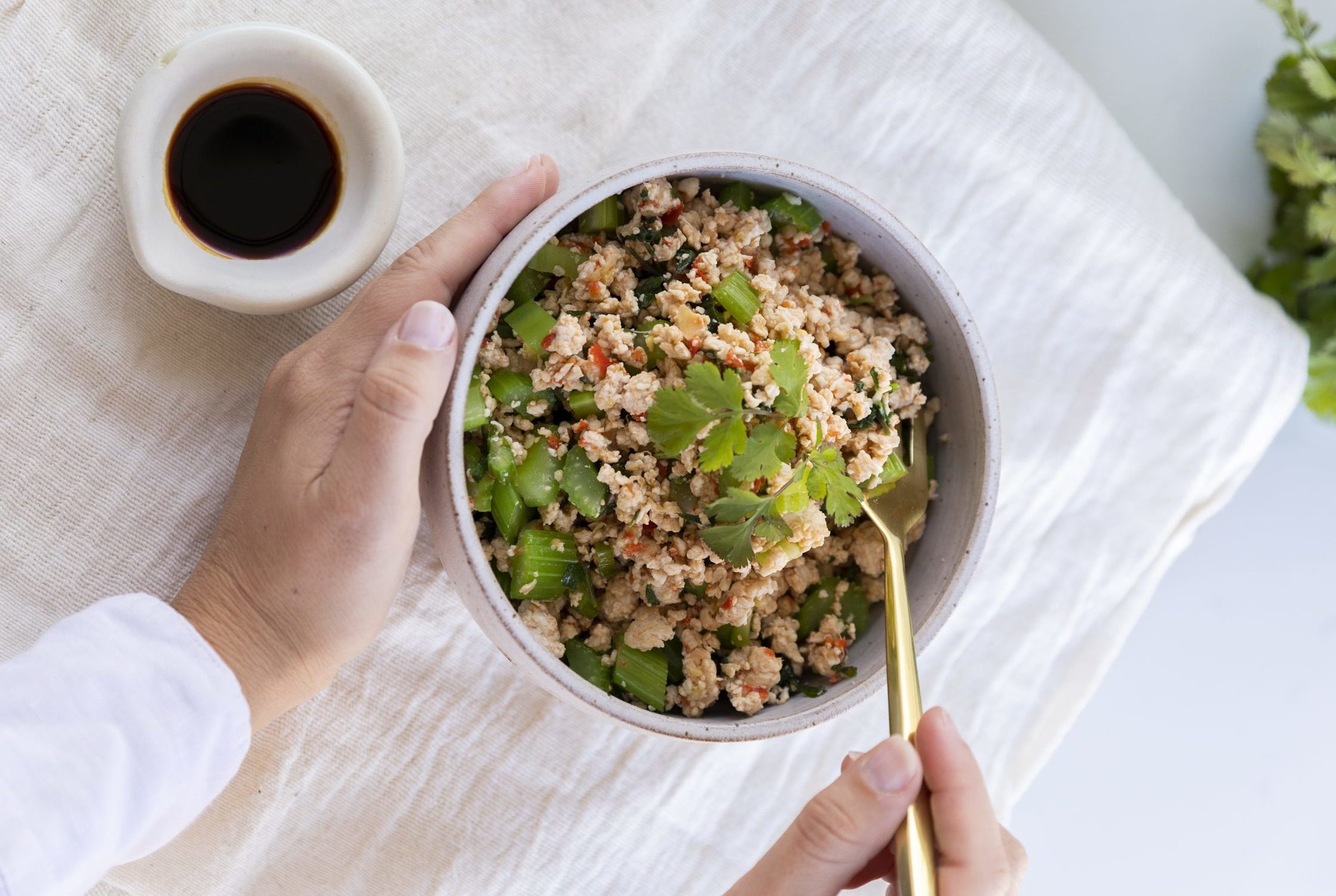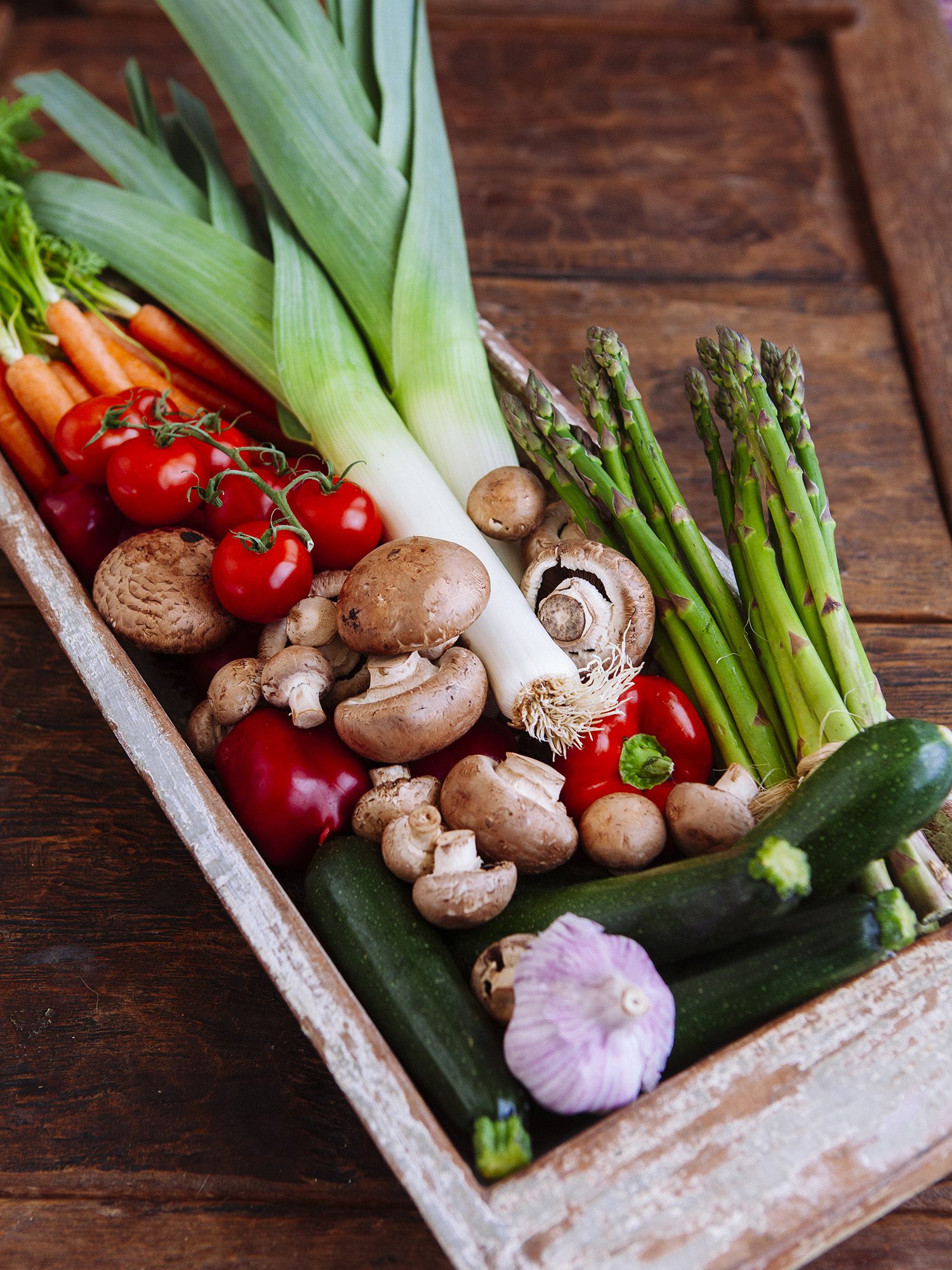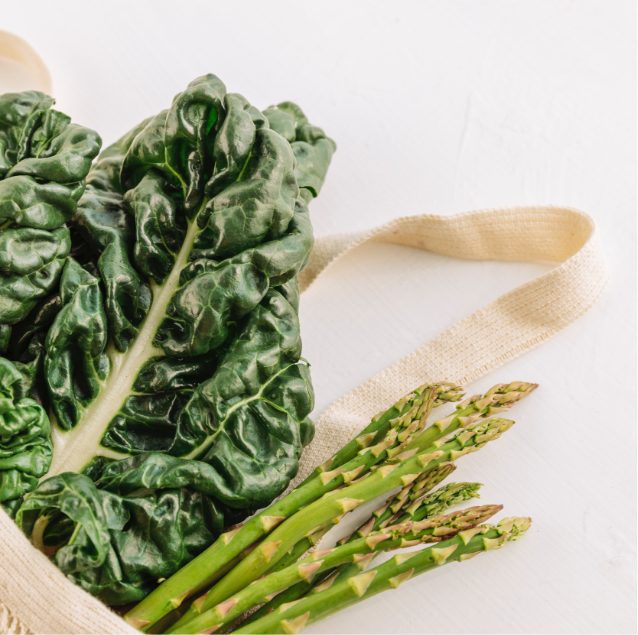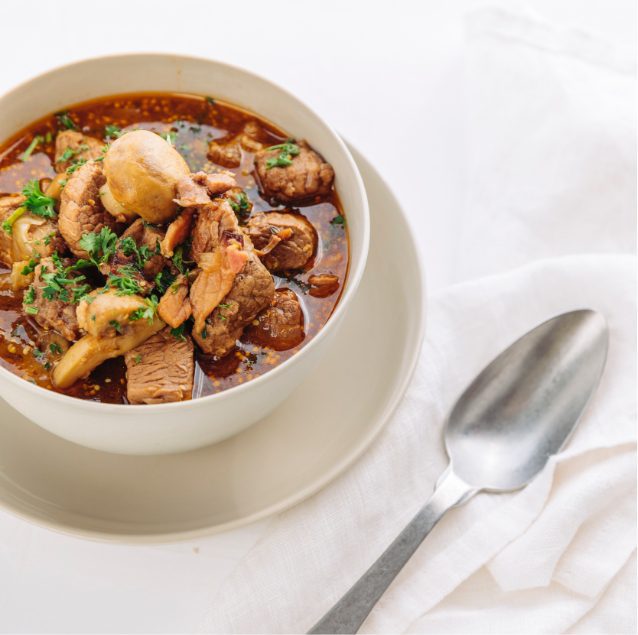Managing general life stress and anxiety can be a challenge, so next time you’re feeling a little frazzled fill your plate with these foods that are scientifically proven to help.
“From sticky paws to menopause”, my mother used to say! Such is our journey and before you know it, you’re face planting into a vat of sugar, fat, or alcohol and strip-teasing your way into the unknown world of hot flushes and random acts of unkindness.
Did you know that in many eastern countries, many women do not have a word for menopause because they simply do not experience it as they do in the west? In fact, in the Blue Zones around the world, places where many people live so long and healthily that they forget to die, menopause is mostly unheard of.
So what makes western women so unlucky in menopause I hear you ask? Well, our stress response may have a lot to do with it.
LET’S TALK ABOUT STRESS
Clarity of brain function and unlimited energy stores are tools that we all yearn for in the high-octane business world and personal lives. We expect high performance from ourselves, our family, and maybe our employees, and the desire to be healthy and energetic is often quite intense. However, we tend to camouflage our energy potential with synthetic boosters such as coffee, alcohol, processed foods, and sugar – all of which can result in disrupted sleep patterns and radical energy swings. Sound familiar?
OUR FRIEND CORTISOL…
The hormone cortisol is produced in the adrenal cortex in response to adrenal cortical stimulating hormone (ACTH) produced in the pituitary gland. Cortisol plays an important role in regulating blood sugar, energy production, inflammation, the immune system, and healing.
If you have too little cortisol, you may suffer from fatigue, chronic fatigue, exhaustion, or a disease of the endocrine system called Addison’s disease. If your adrenal glands are producing too much cortisol, you may develop conditions such as weight gain, especially around the abdomen, depressed immune function with all of the consequences, accelerated aging, and stomach ulcers.
Cortisol is elevated in response to stress. The adrenal glands are not particular, any kind of stress will do. Your stress reaction may be physical, environmental, chemical, or imaginary and your primal hard drive is hard-wired with automatic responses to protect you from harm, hazard, and danger.
During the stress response, many things occur. Firstly, the adrenal glands enlarge and begin to secret large doses of the hormones adrenaline and cortisol (adrenal cortical hormones). When this happens, the usual inflammatory responses are suppressed and the body becomes constantly ‘on guard’ ready for the attack. This is a well-documented biochemical reaction known as the Fight or Flight response.
STRESS AND BIOLOGICAL CHANGES
Physiological stress affects the function of the gut by decreasing the all-important gut flora lactobacilli and bifidobacteria. Stir in a dollop of menopausal hyper-reactive stress and declining levels of estrogen and the inflammatory response within the gut will flare up.
Ask any symptomatic woman and she’ll tell, she might even yell it, that menopause has made her hotter than hell. We all know heat rises, just watch that hot flush take over! And where there is heat there’s inflammation. Heat causes acid and vice versa, that’s how gut health can be compromised as we age. When you get your head around the body’s pH scale it can be a cold comfort that cooling foods can play a huge part in tempering the menopausal beast.
WHAT FOODS WILL HELP?
While the B vitamins (B3 Niacin, B1 Thiamin, B2 Riboflavin, B6, biotin, pantothenic acid, B12, folic acid) are our defense against stress – by soothing the nervous system, creating pathways to the key chemical messengers we call neurotransmitters – it is the antioxidants that are even more vital for smooth biomechanical and emotional peace.
Prebiotics and probiotics think fermented foods like kraut, pickles and miso, kefir and kombucha can all help support the gut, and supplements have their place of course. All will help to reinoculate the gut and create a healthier bacterial environment. Ultimately you have to fix the gut first, especially if you have had years, if not decades, of antibiotics and poor gut health.
A phytoestrogen rich diet including dark green leafy vegetables will help you enormously, and cooling foods like celery and cucumber are not to be underrated. Sprouts are your friend and slippery, ingredients like slippery elm, seaweed and aloe vera juice can all help to pacify a cranky digestive tract. Miso soup can do wonders as well.












